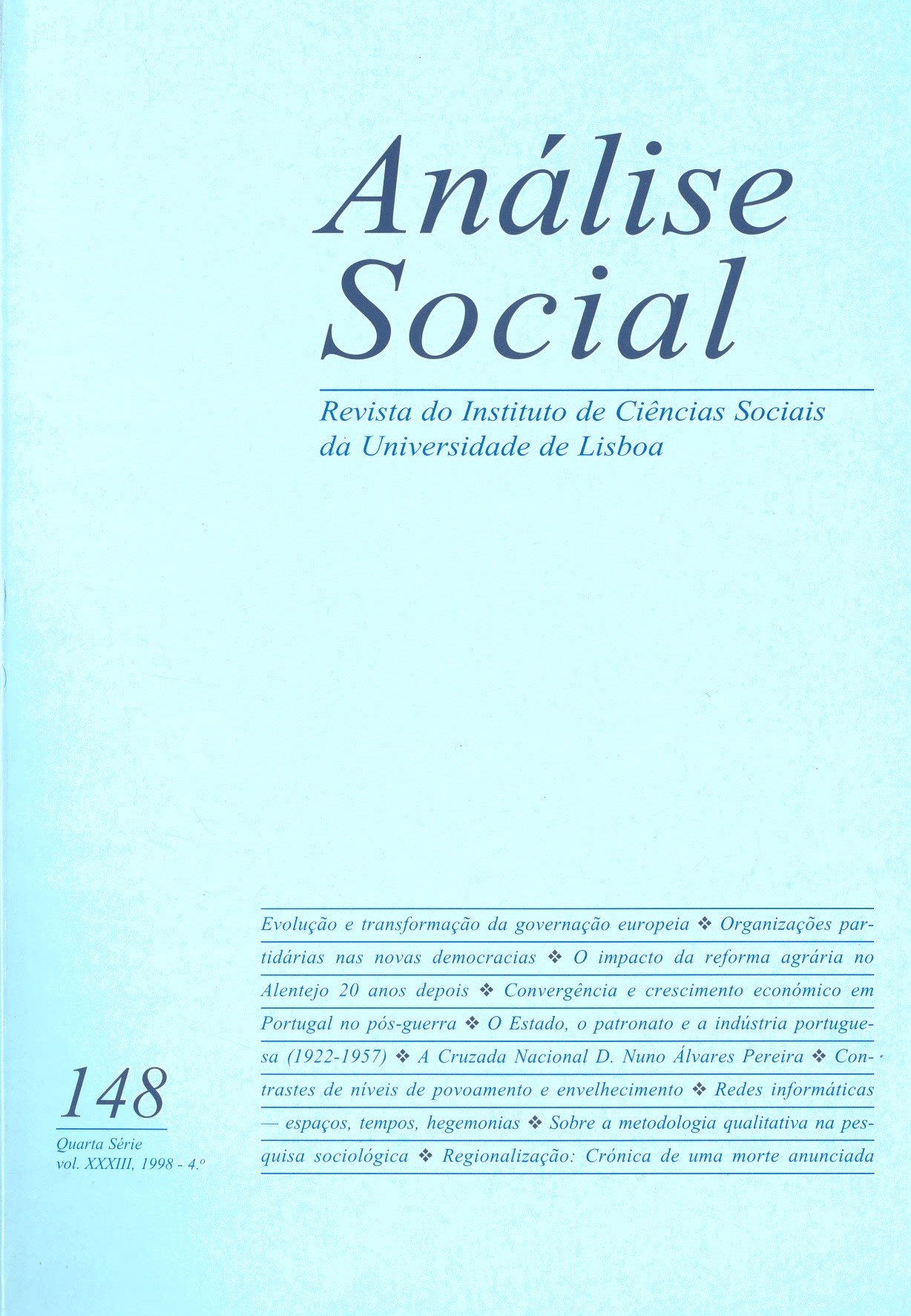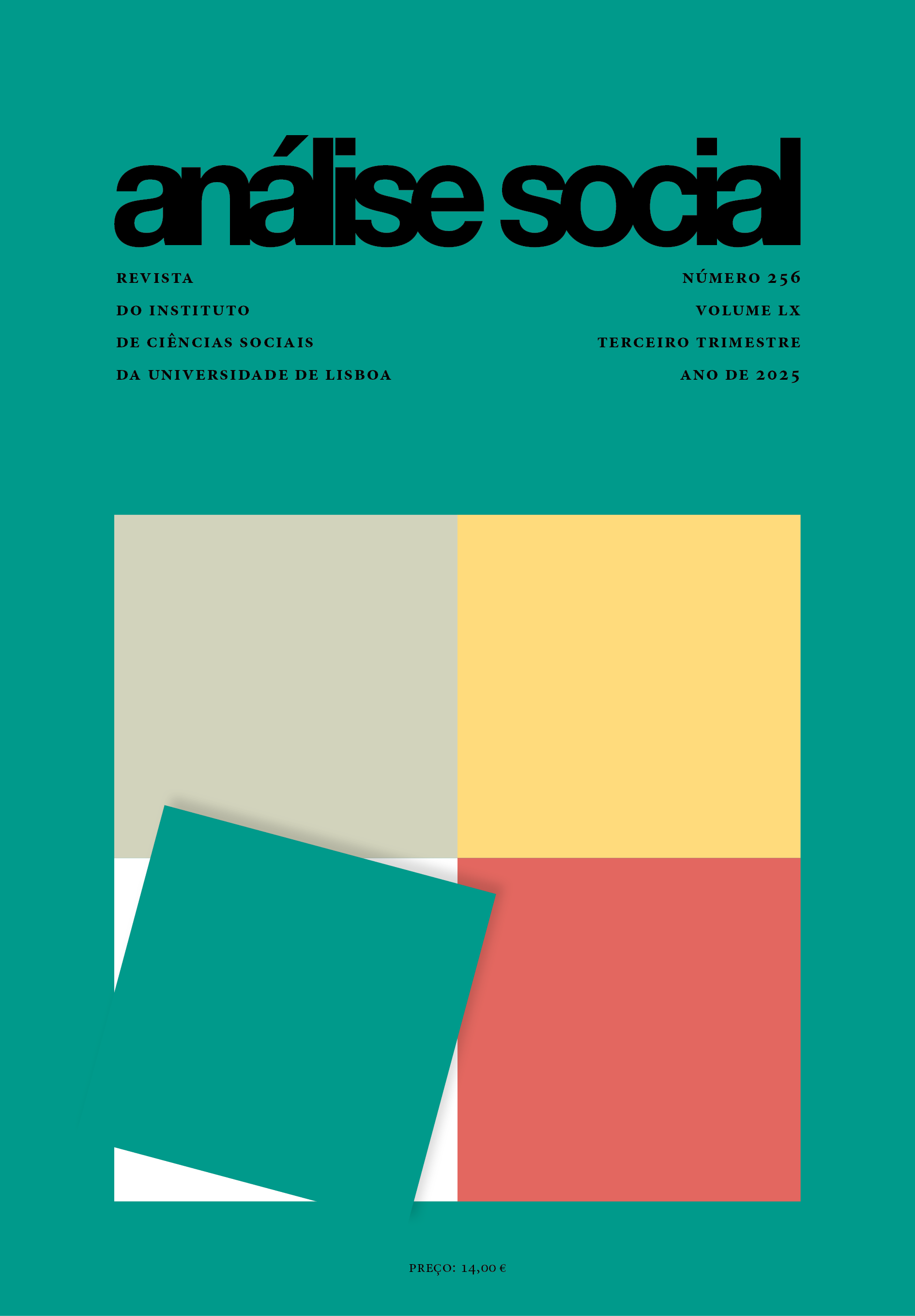Self-management and political culture: the impact of the agrarian reform on Alentejo twenty years after
DOI:
https://doi.org/10.31447/AS00032573.1998148.03Keywords:
political effects of workplace democracy, relationship between workers' control and political participationAbstract
This article empirically tests three well-known hypotheses about the political effects of workplace democracy on workers. Specifically, it asks whether membership in the unidades colectivas de produção (UCP) and cooperativas no Alentejo has had any long-term effects on their participants' political culture. The results, based upon a comparison of data collected in 1980 and a sample survey of 240 residents from the same county collected in 1994, suggest that the relationship between workers' control and political participation, radicalization, class awareness and feelings of political efficacy may be explicitly dependent upon local environmental conditions. More narrowly, our survey results indicate the presence of a substantially different rural political culture from the one described by other scholars of the reforma agrária.




